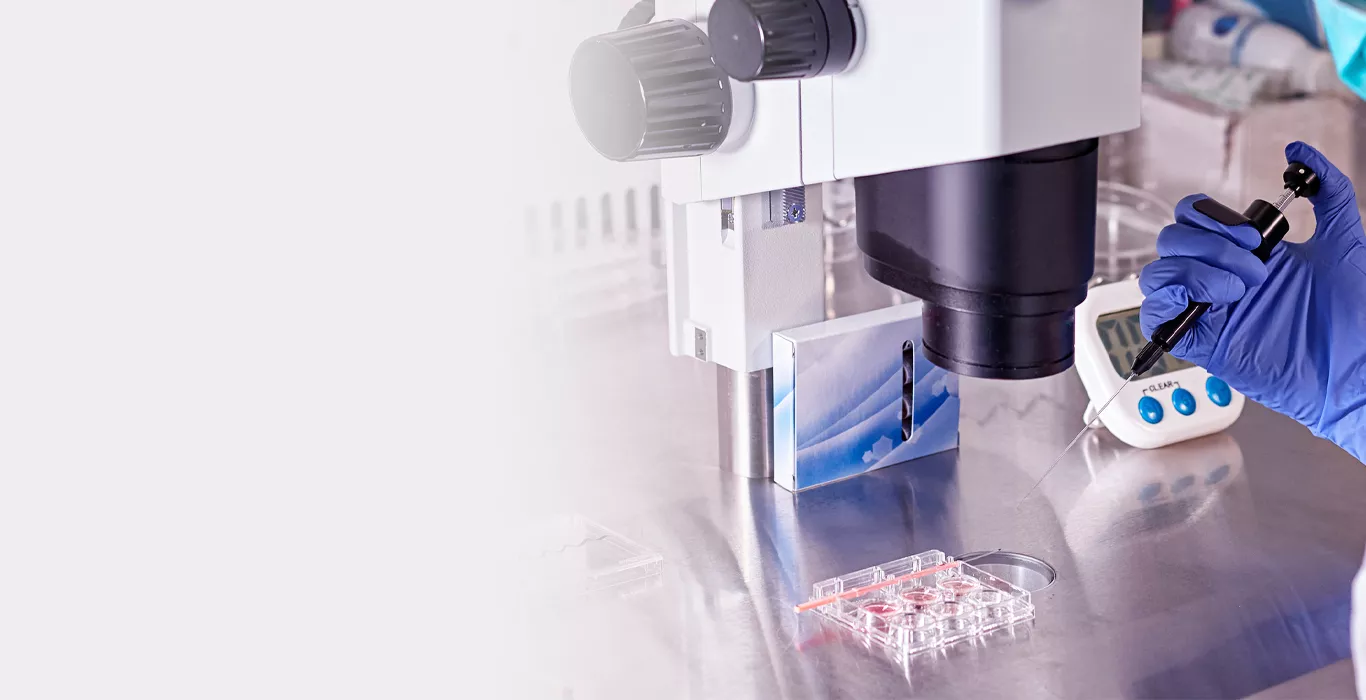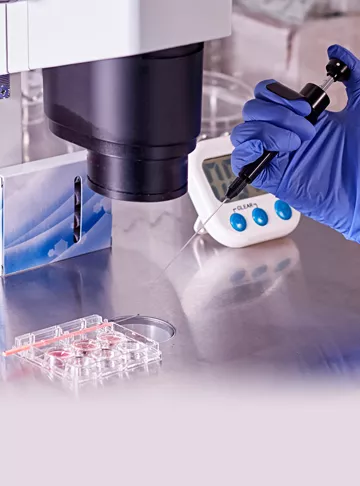The Non-invasive Pre-implantation genetic testing, also called NiPGT is an upcoming, innovative and promising technology that does not require a foetal biopsy and facilitates access to the control of chromosomal abnormalities in the embryo during an IVF cycle. Technological advancements in infertility treatment has led to many unprecedented achievements in the recent past. Scientific breakthroughs and newer related discoveries, especially in Assisted Reproductive Technology (ART) treatments, have massively augmented its success rate. Customised treatment backed by technical know-how is key to its success, bolstering the confidence of couples embracing these procedures at larger scale, and realising their dreams of parenthood. By deploying the latest technology at each stage of treatment and thus, becoming a process-driven organisation, Indira IVF has been able to achieve success stories much higher than industry standards.
Non-invasive Preimplantation Genetic testing, also called niPGT is an upcoming, innovative and promising technology that does not require a foetal biopsy and facilitates access to the control of chromosomal abnormalities in the embryo during the ART cycle.
In the early days of PGT-A, the challenge of science was to be able to control the genetic makeup of embryos without having to biopsy their cells. In recent years, research in this area has intensified and several genetics laboratories have already developed platforms for the analysis of chromosomal abnormalities at the blastocyst stage from alternative sources of their cellular DNA. This is a genetic analysis carried out on the free DNA contained in the culture material where the embryos develop as part of ART.
It helps in improving the ART outcomes in patients with advanced age, recurrent miscarriages, recurrent IVF failures and patients with genetic disorders. Hence, this technique should definitely be offered to these categories of patients in order to improve their success rate.
It has been observed that as many as 50% of grade 1 embryos might not be genetically normal in a couple adopting pregnancy at an advance age. Thus, when these embryos are selected according to their chromosomal robustness, the outcome of the ART process improves, leading to a healthy pregnancy. Also, the patient will be able to go for a single embryo transfer without compromising the success and hence, the burden of multiple pregnancies and the complications associated with it reduces.
This procedure is expected to become a reality in the near future. If so, the niPGT would be non-invasive, precise and inexpensive.
Other Technology
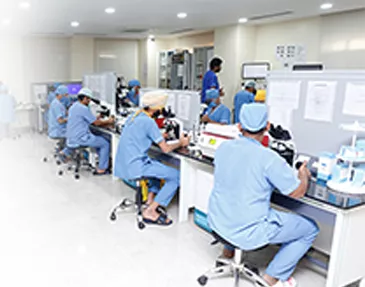
World Class Laboratories
Our state-of-the-art hi-tech Embryology lab has been designed as per International st…
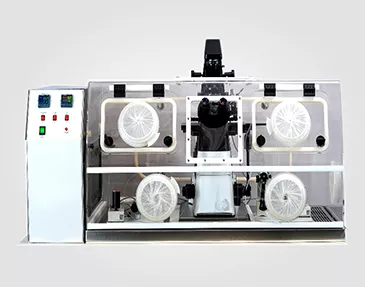
The Closed Working Chambers Technology
EmCell Closed Working Chambers imported from Australia, are microscopic work stations…
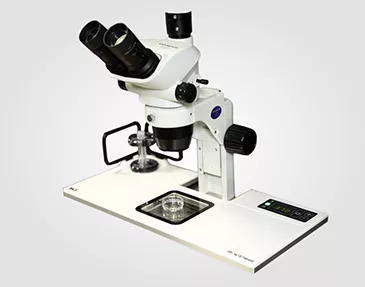
Electronic Witnessing System
Electronic Witnessing System is a modern day application in IVF practice. It uses rad…
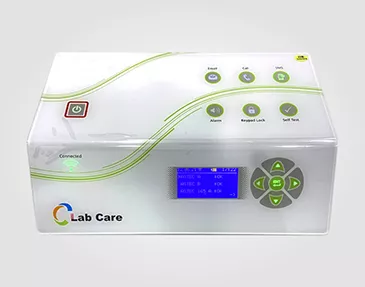
24x7 Monitoring
Indira IVF uses Internet of Things (IoT) technique in their embryology labs pan India…
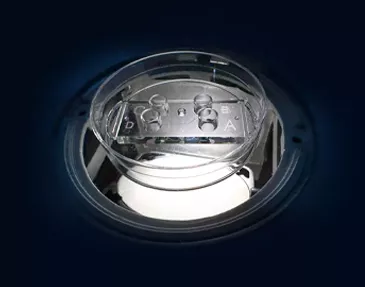
Microfluidic Sperm Sorter Technique
Microfluidic Sperm Sorter technique, also known as QUALIS is a boon to the couples fa…

